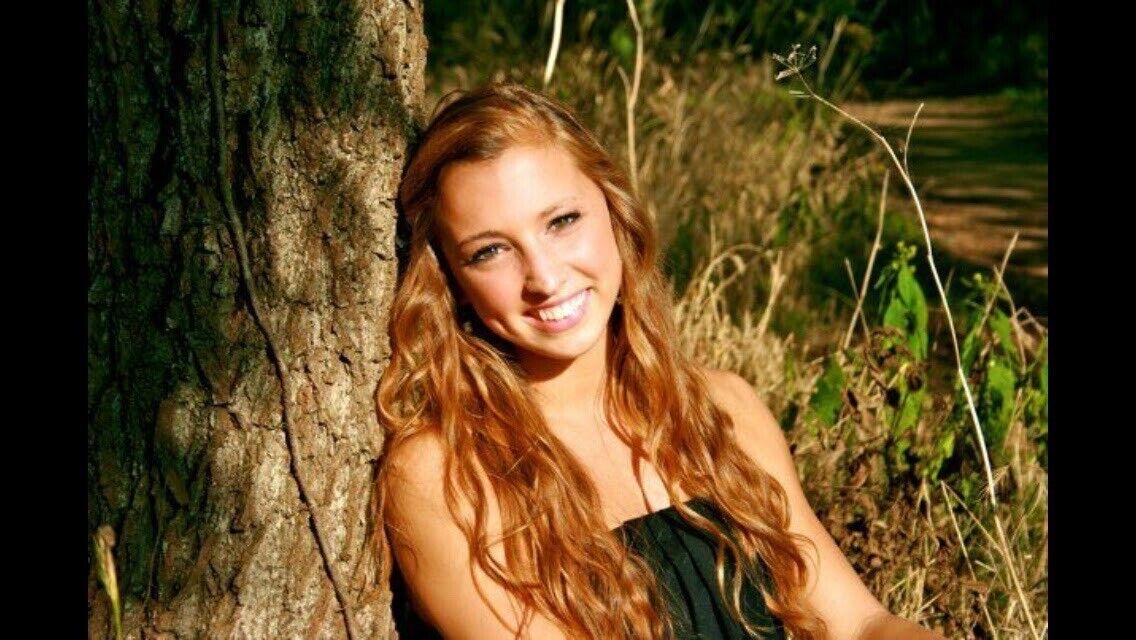
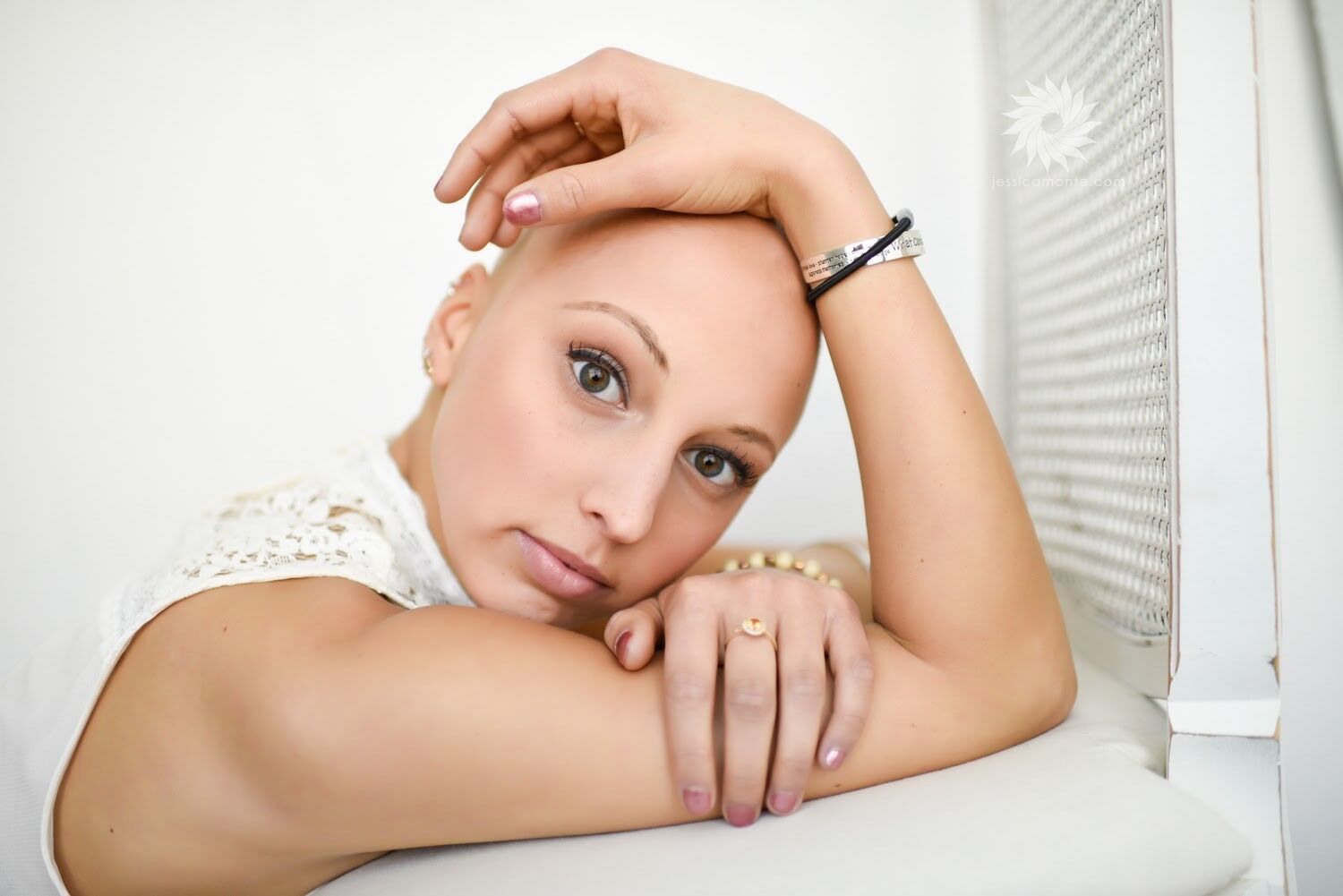
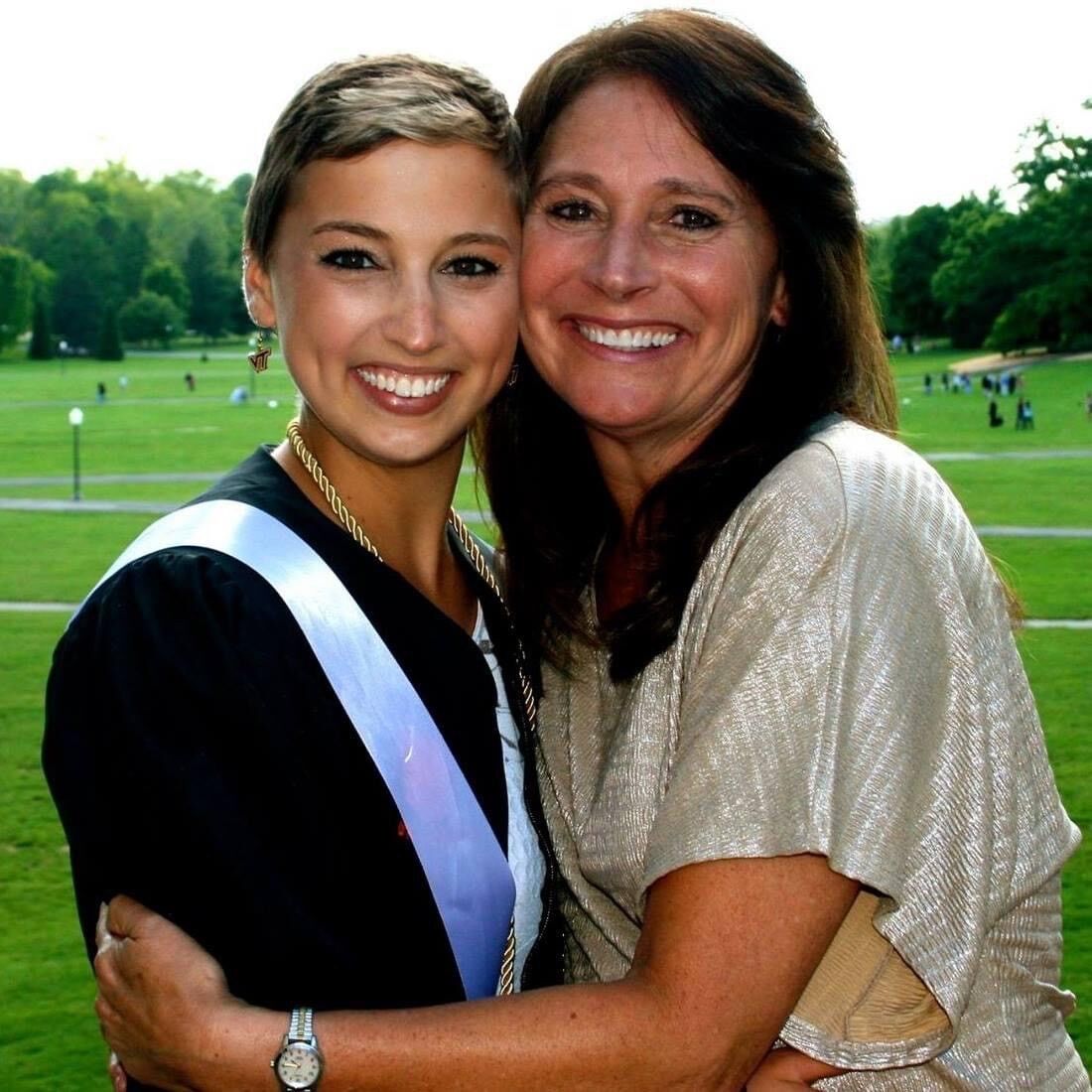
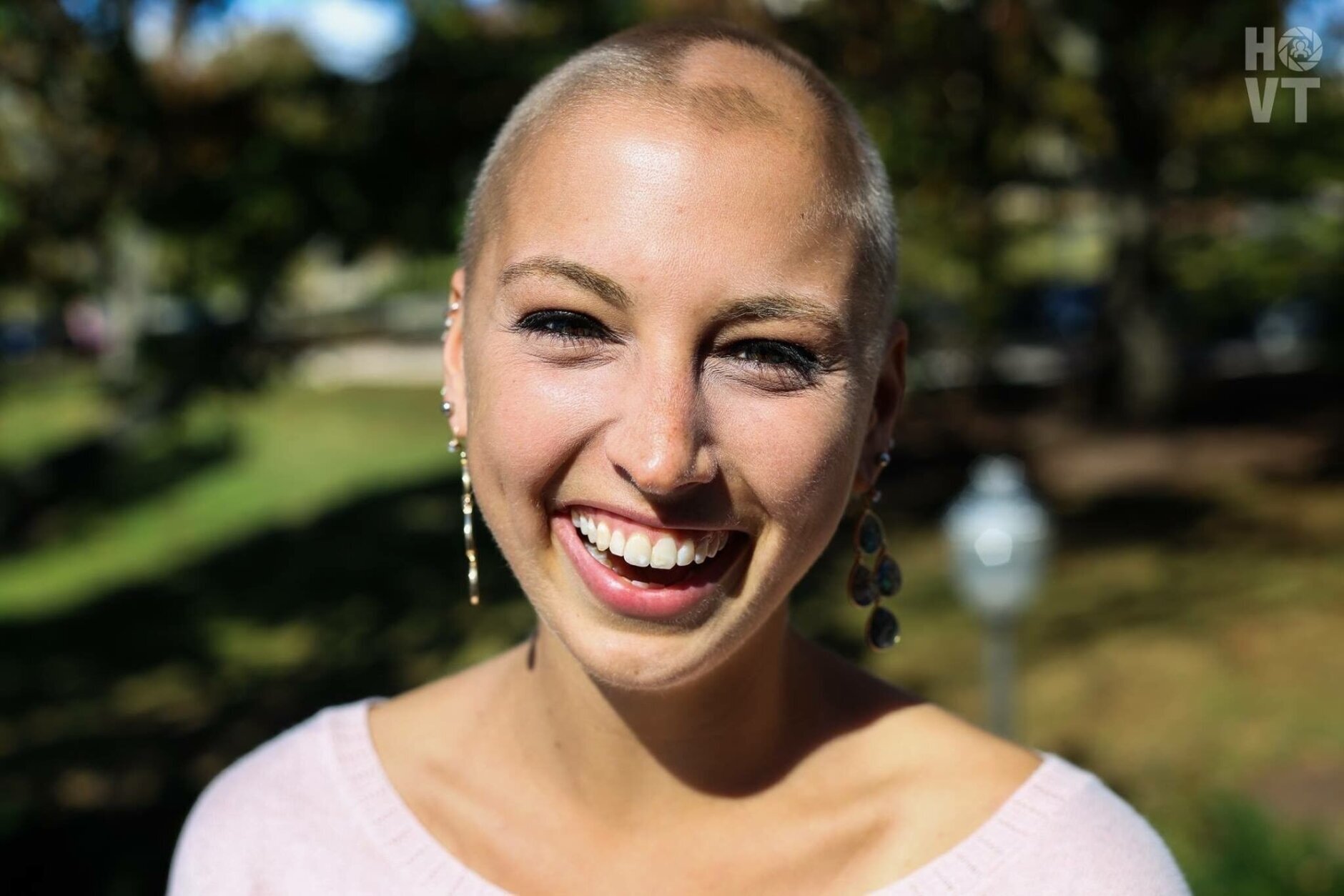
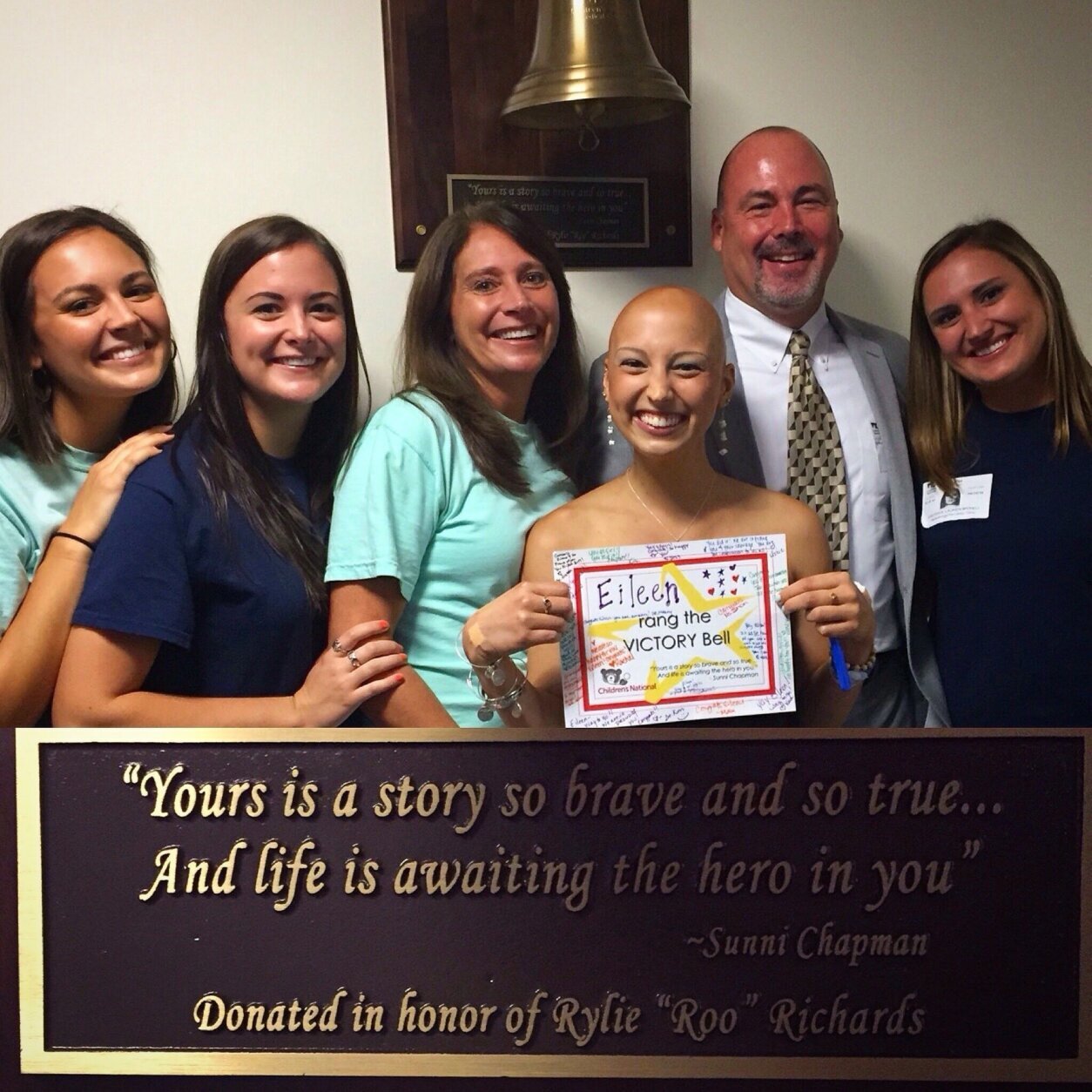
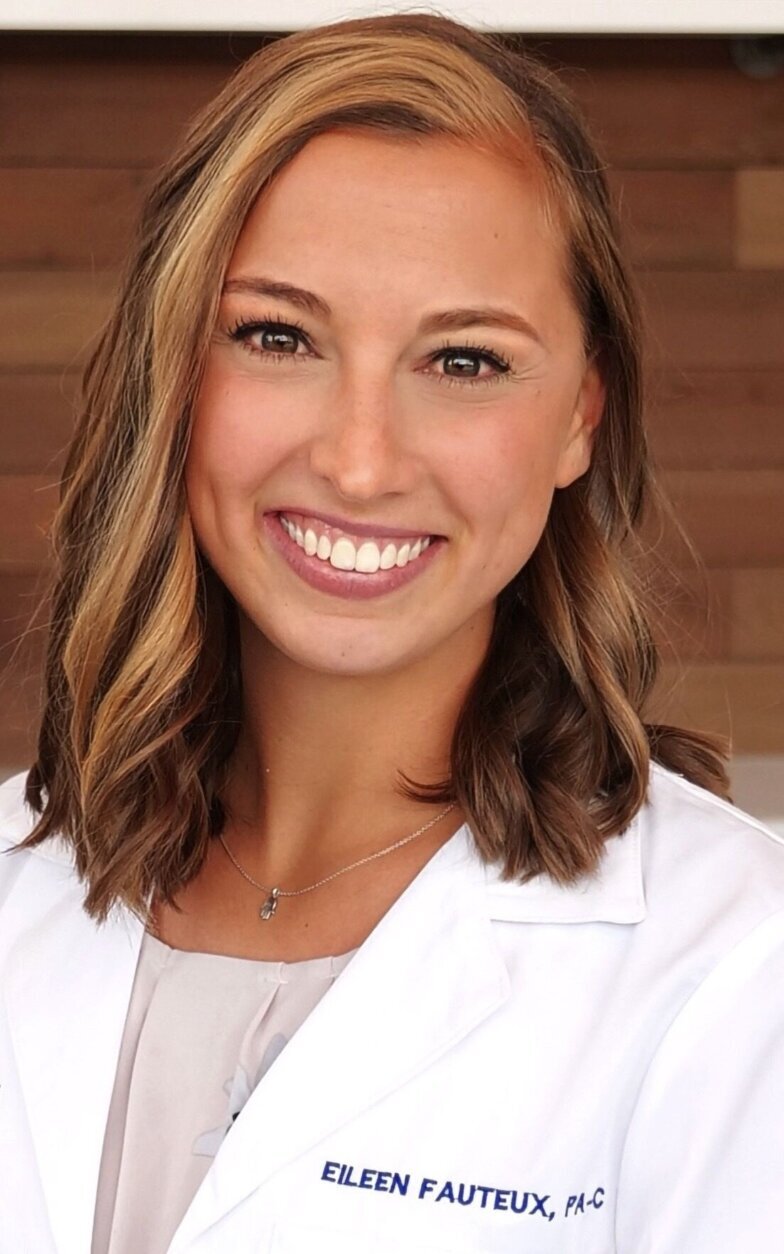
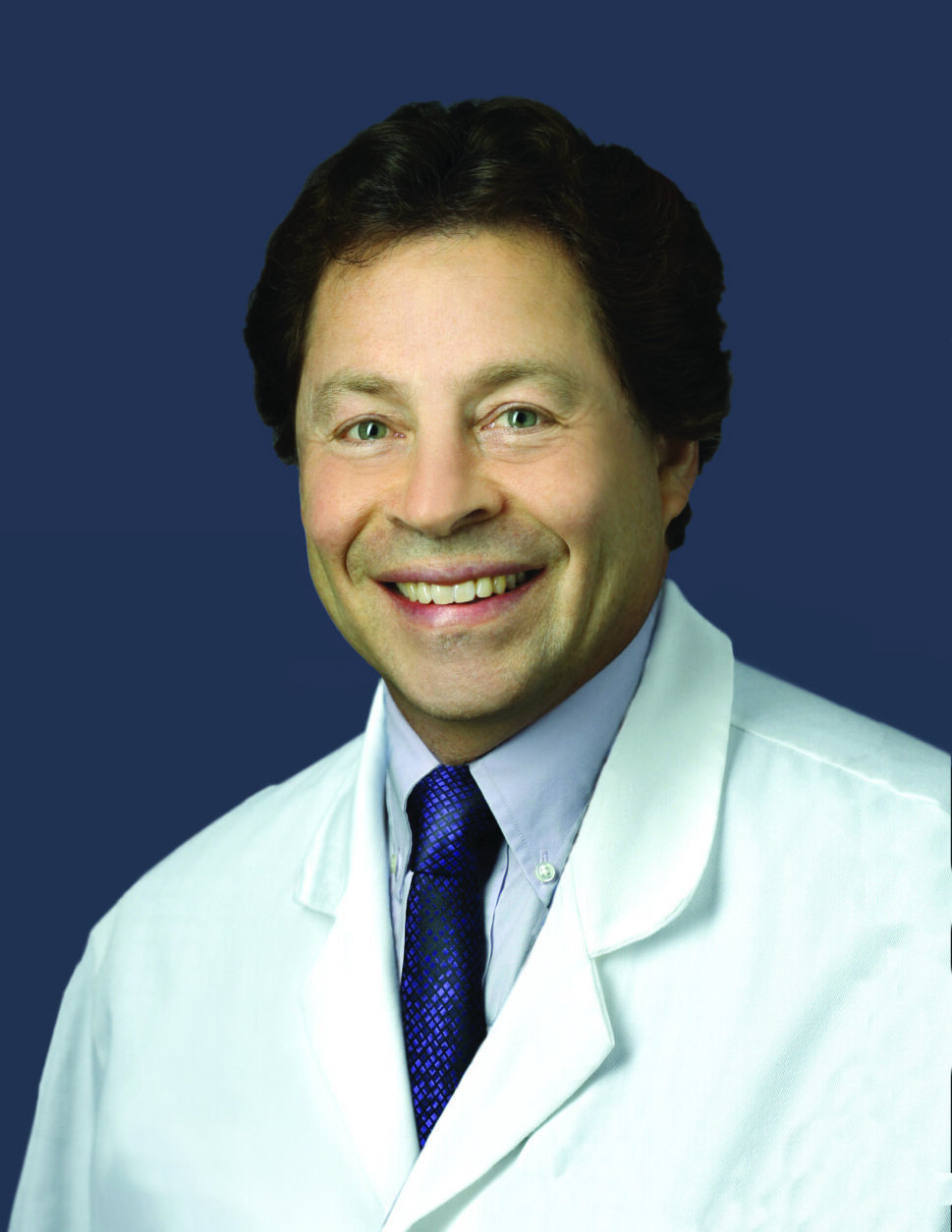
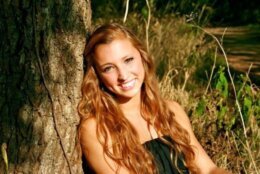

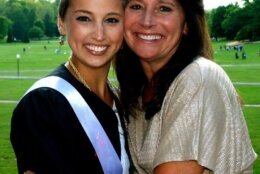
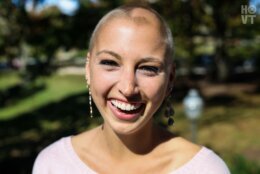
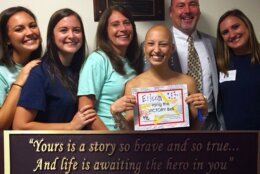

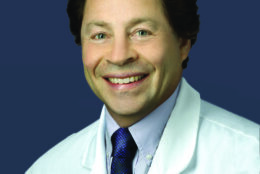
A cancer diagnosis can be daunting at any age, but a D.C. hospital has created a comprehensive program to help guide adolescents and young adults through their diagnosis, treatment and post-treatment care.
The MedStar Georgetown University Hospital Pediatric and Young Adult Survivorship Program takes a holistic approach to helping patients live a good life during and after cancer care.
It takes into account a patient’s physical health, academic and social development and coping skills; it offers access to psychologists, social workers, integrative medicine specialists, nutritionists and physical and occupational therapists. It even helps with financial and insurance concerns.
A Reston, Virginia, woman diagnosed with a rare cancer when she was a 20-year-old college student at Virginia Tech believes in the program.
Eileen Fauteux, 26, was diagnosed with a rare pediatric cancer, Ewing sarcoma, that required emergency surgery to remove a tumor that had wrapped around her spinal cord. After more than a year of intensive rounds of chemotherapy and proton beam radiation, Fauteux returned to her life before her diagnosis.
“I finished up and went back to school and basically tried to act like nothing ever happened and grew my hair out and relearned how to walk,” she said.
The survivorship program has helped Fauteux keep track of appointments for follow-up MRIs and chest CT scans and with the cardiologist. It has also educated her about potential long-term side effects from the chemotherapy drugs. The program even offers massage therapy and acupuncture free of charge.
“This survivorship program basically makes my life very easy, and for anybody who’s gone through any cancer treatment or follow-up care, you know if there’s any stress that can be relieved in any way, I’ll definitely take it,” she said. “They also have, not to mention, this amazing massage therapist in their office whenever I go there.”
The program was created about 3 1/2 years ago by Dr. Jeffrey A. Toretsky, chief of MedStar Georgetown University Hospital’s Division of Pediatric, Adolescent, and Young Adult Hematology/Oncology, who is a leading expert in pediatric and young adult survivorship programs.
Toretsky is a researcher working to develop a drug to try to bring hope to patients with Ewing sarcoma and other cancers.
Asked whether the program is a success, Toretsky said he believes an optimal outcome for a patient who is diagnosed with a life-threatening illness is that they’re able to return to the hopes and dreams and life plan they had when diagnosed after undergoing treatment.
“We’ve done something successfully when we’ve gotten the patient back on the track that they were going to pursue,” he said. “Sometimes they change direction, and we support that, as well. But the goal is to get them back into living a good life. And I think that all of the services we bring together can help patients do that. And they don’t always necessarily use all of them, but we provide what they need.”
Two weeks after graduating college, Fauteux went to physician assistant school, and she’s now working as a physician assistant in Reston, focusing on spine surgery.
She believes the stars are aligned.
“In the sense that I’m able to take what I went through and really hope I can apply it to a lot of the patients and make my role as a health care practitioner that much more effective with the things I’ve learned over the years.”
Advocating for the survivorship program, Fauteux wants her story to inspire hope in cancer patients who may be discouraged.
“This really healthy, 20-year-old girl whose life flips upside down; she goes through all this trauma. And now she’s completely turned her life around; she has long hair, she has a great job and she’s now kind of giving back to the health care community as a PA. Of course, on paper, this all sounds absolutely amazing. And it seems almost easy,” Fauteux said.
But, Fauteux said it was the worst part of her life — feeling lost and alone in the beginning of her journey and even in the end. Yet, it’s also been the most amazing part of her life because it’s opened up so many doors and opportunities to perhaps help others with their journeys.
“Having somebody that has gone through it and has that hope and that story that was a success is, I think, really effective for those who are going through it and especially with the survivorship program. It highlights such an amazing positive aspect of post-treatment follow-up that makes it that much less intimidating to go through something like this, and I have a normal life now,” she said.
“I never imagined this day would actually be here five years ago, six years ago; it just it didn’t seem possible. But I hope that my story can really be that light that people might need in the moment where they’re feeling really, really desperate and fearful.”







